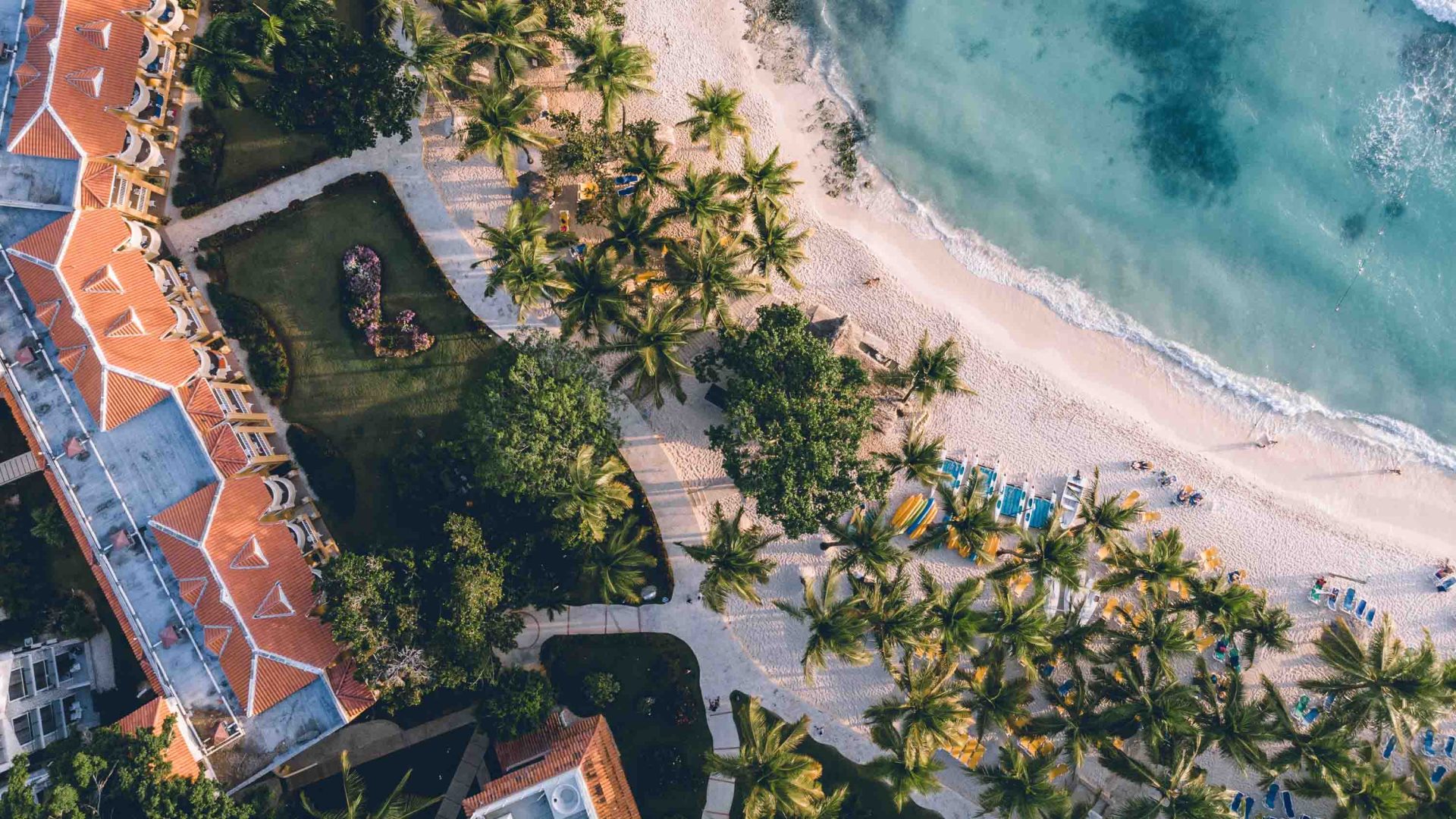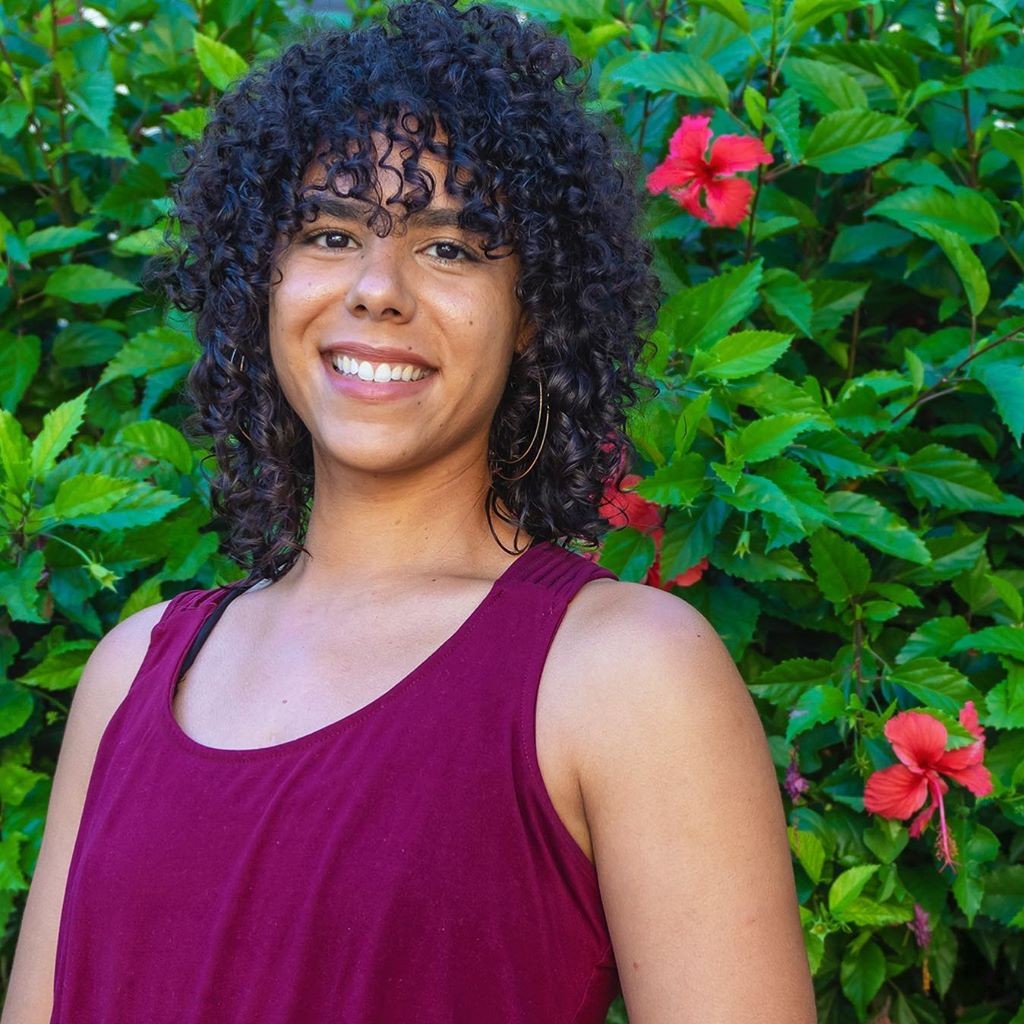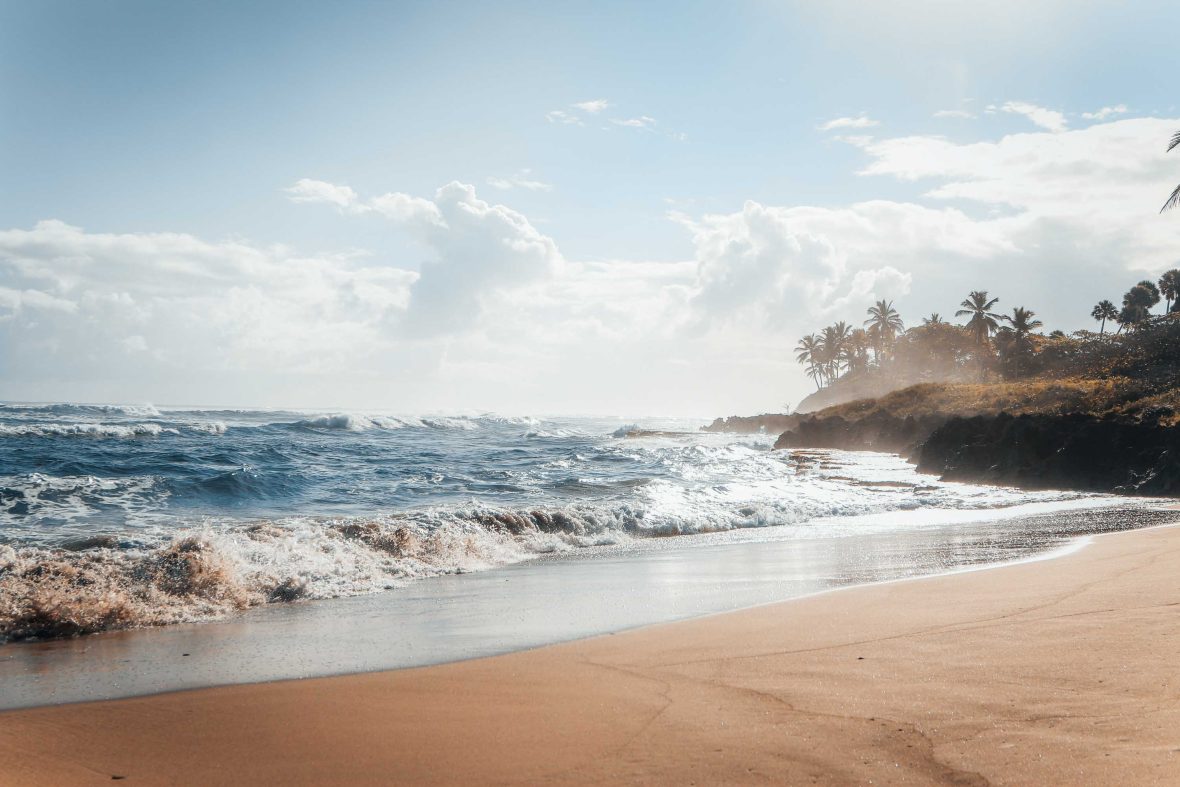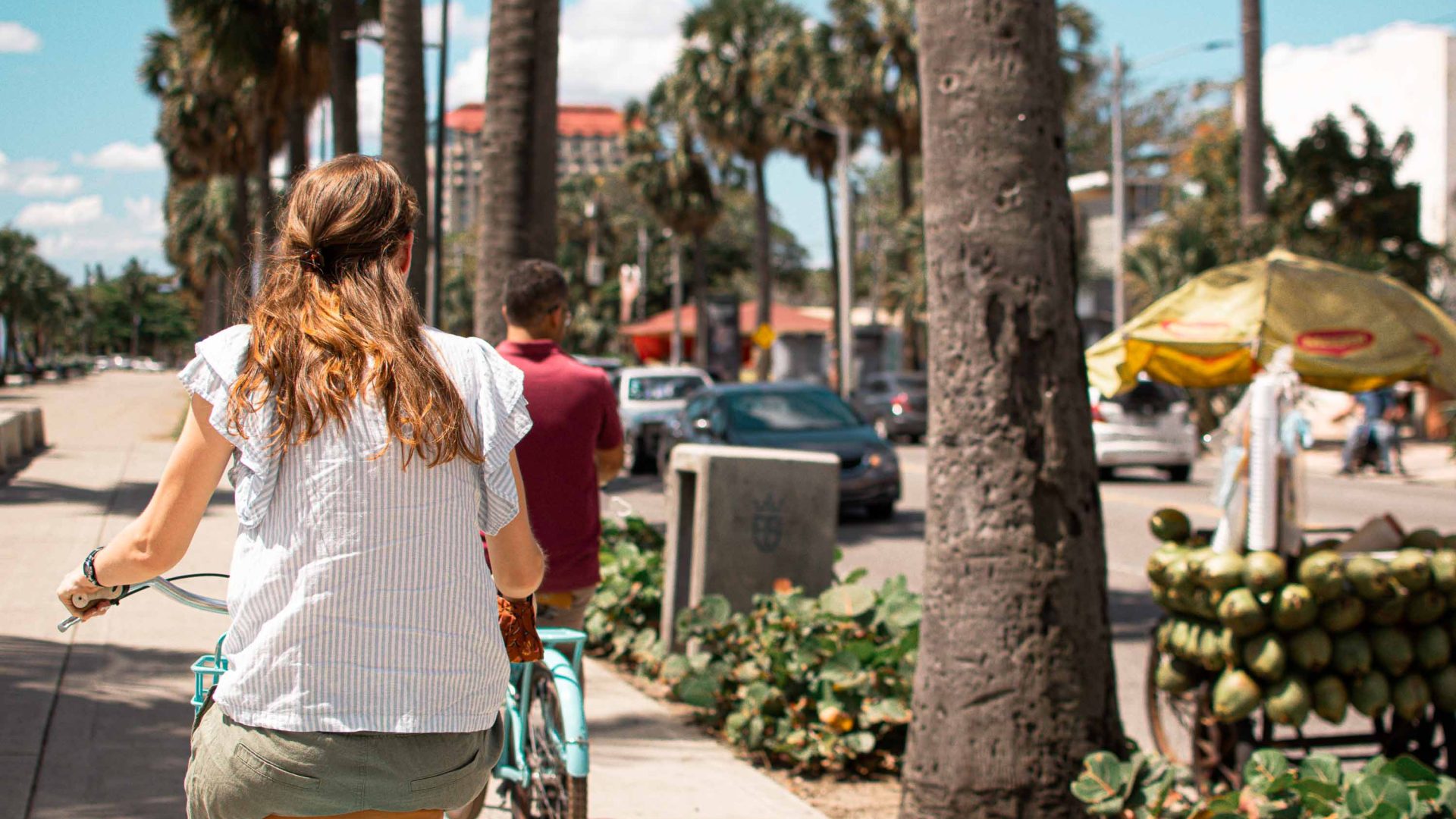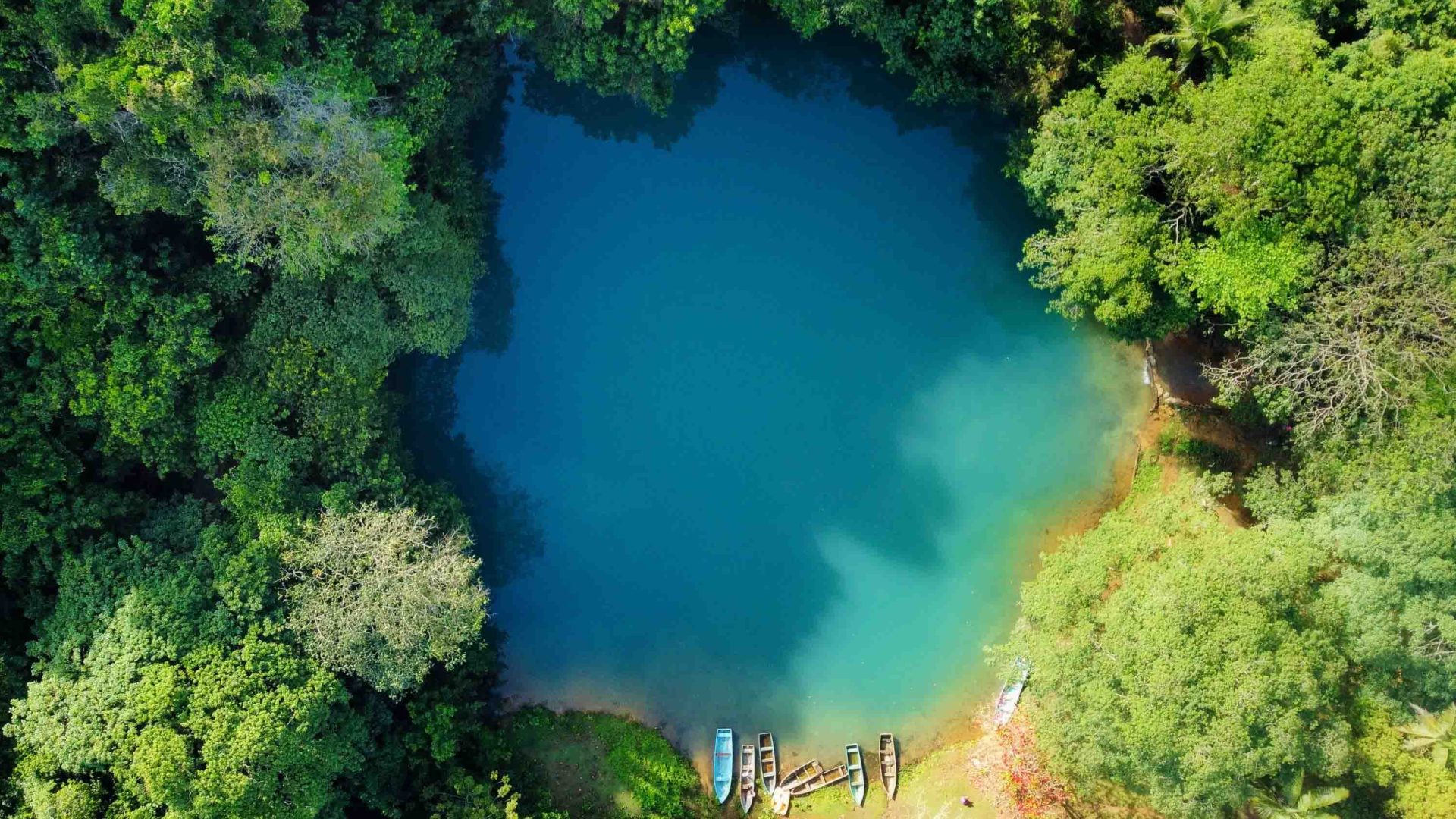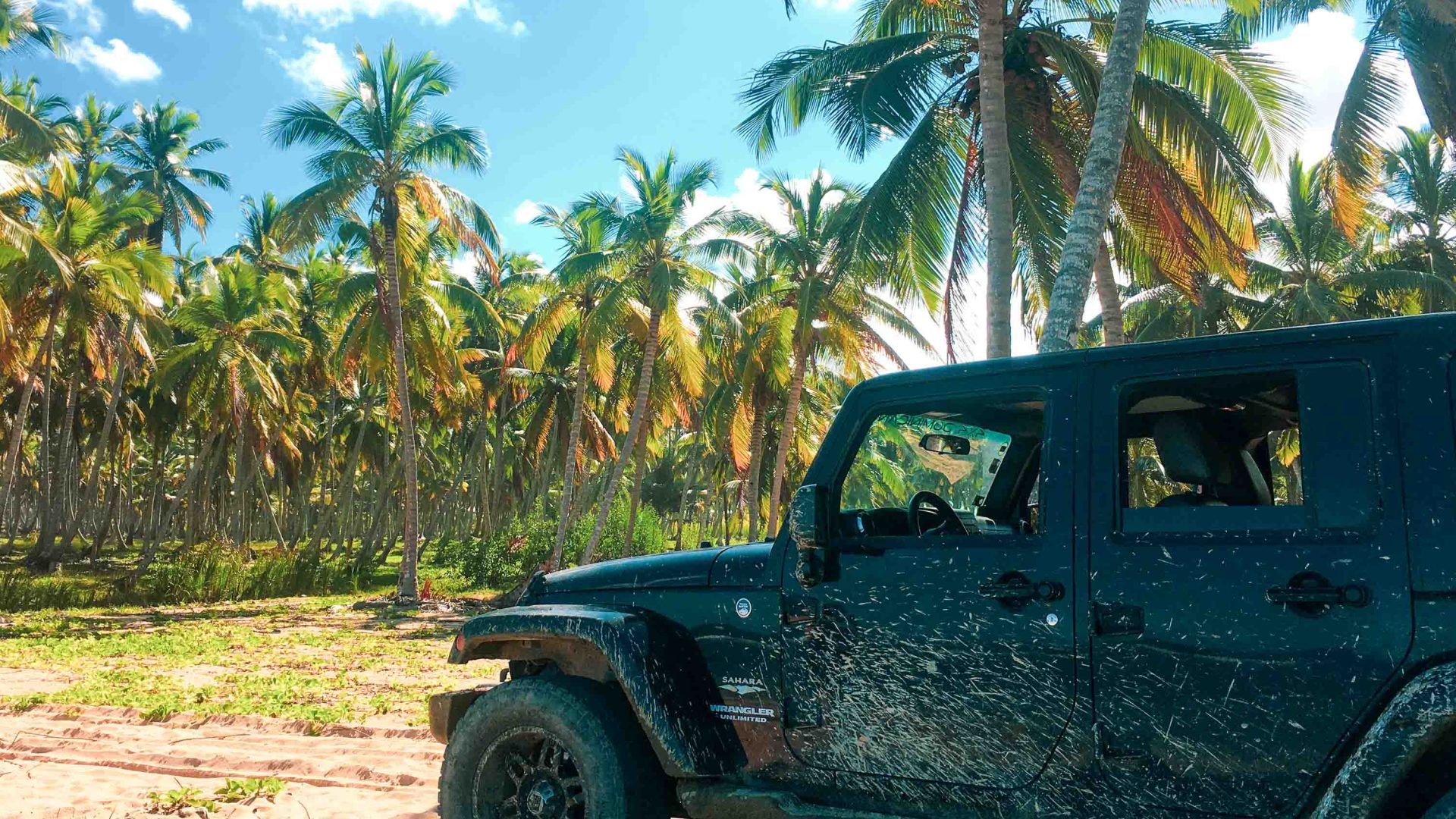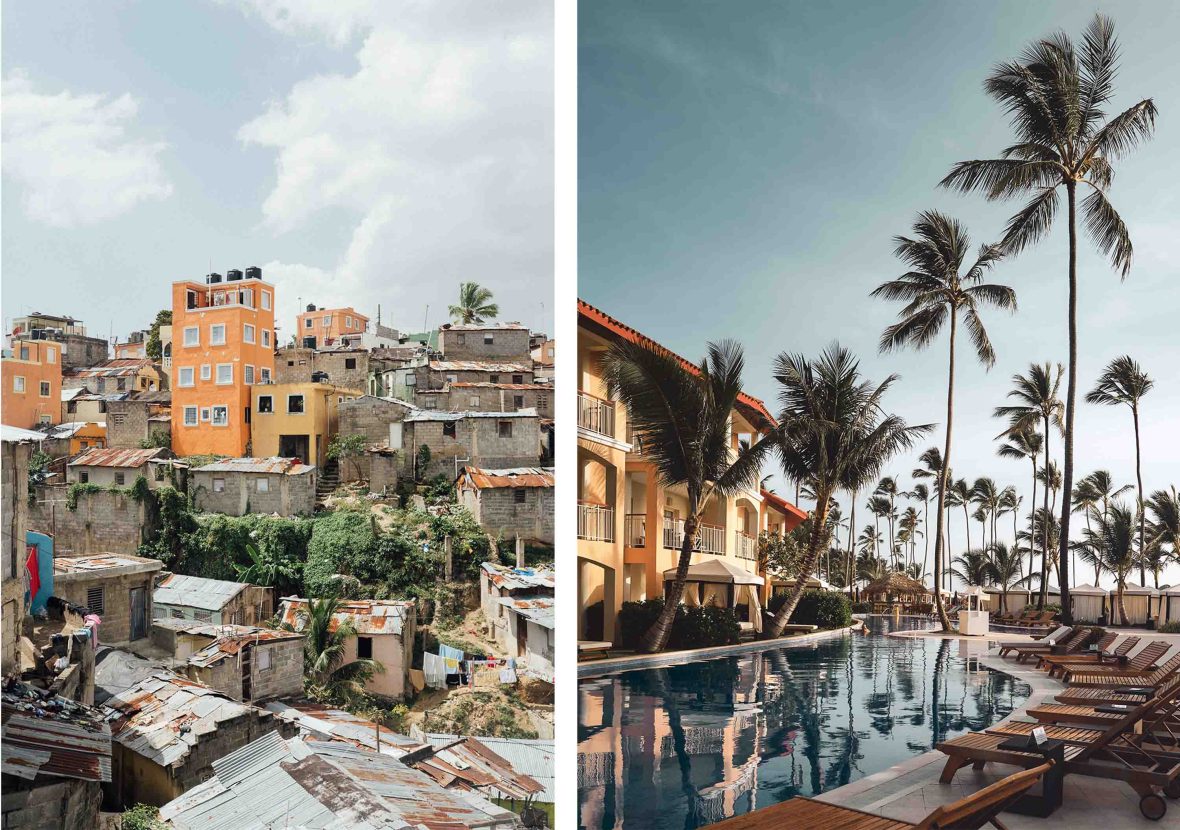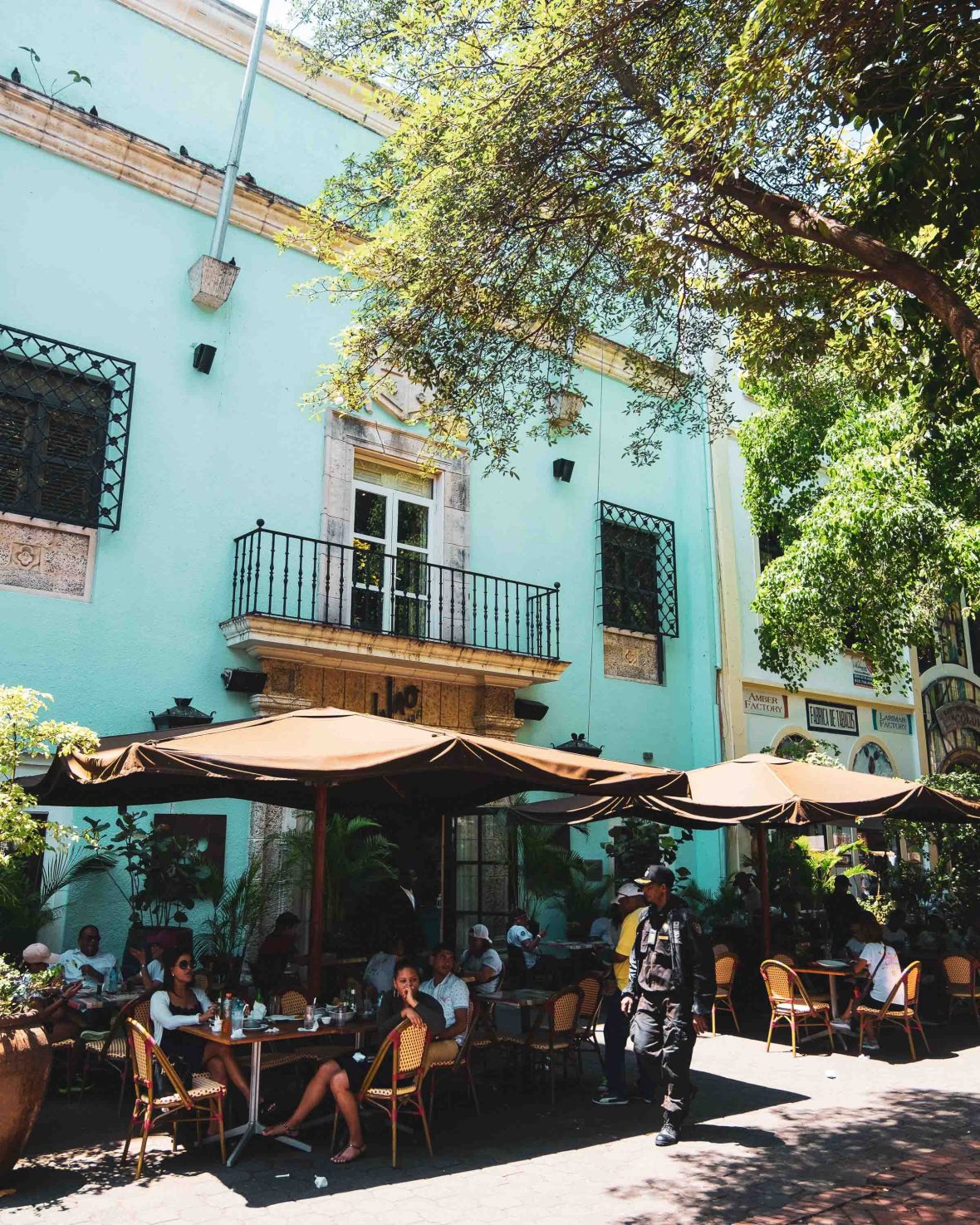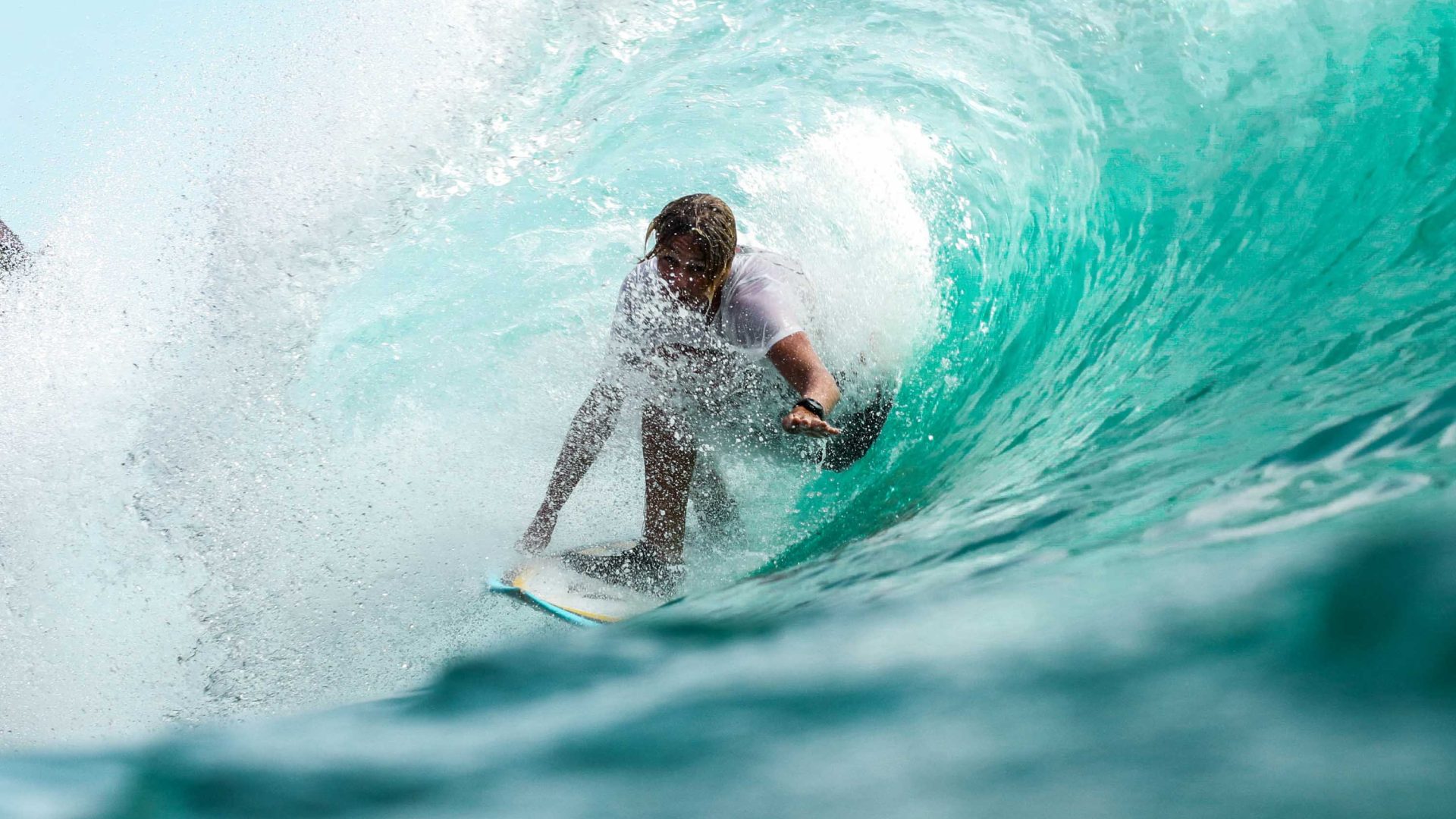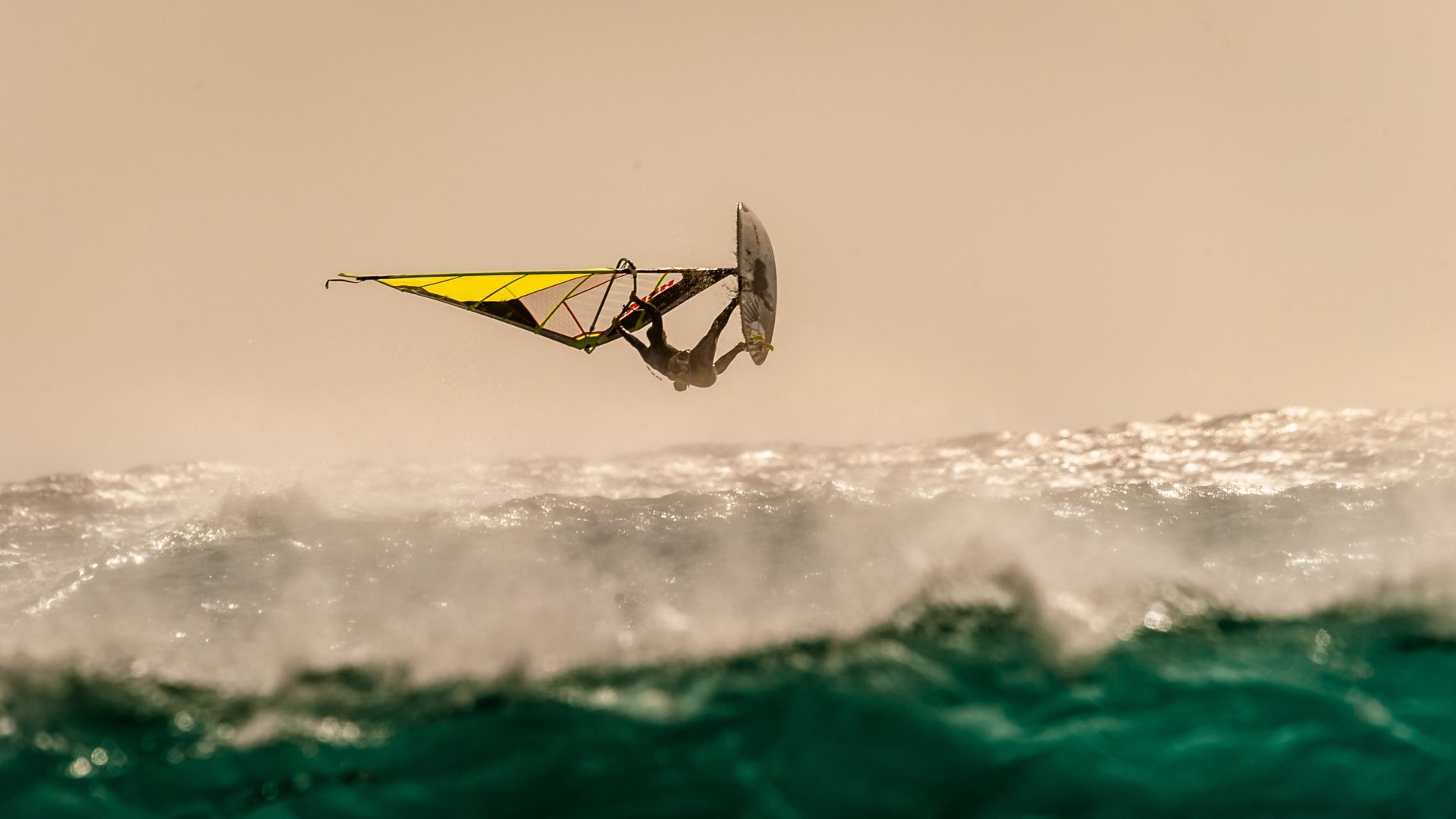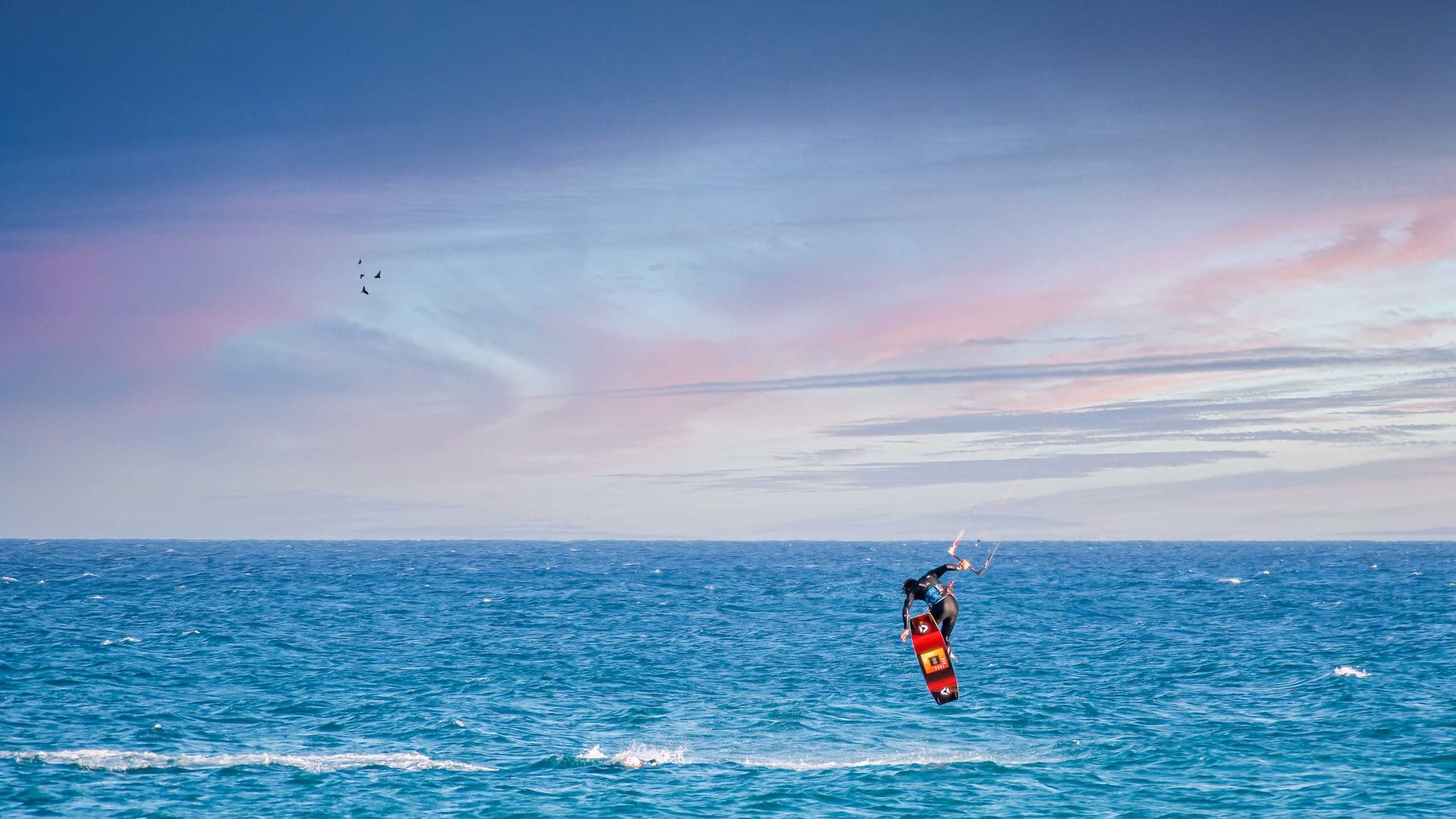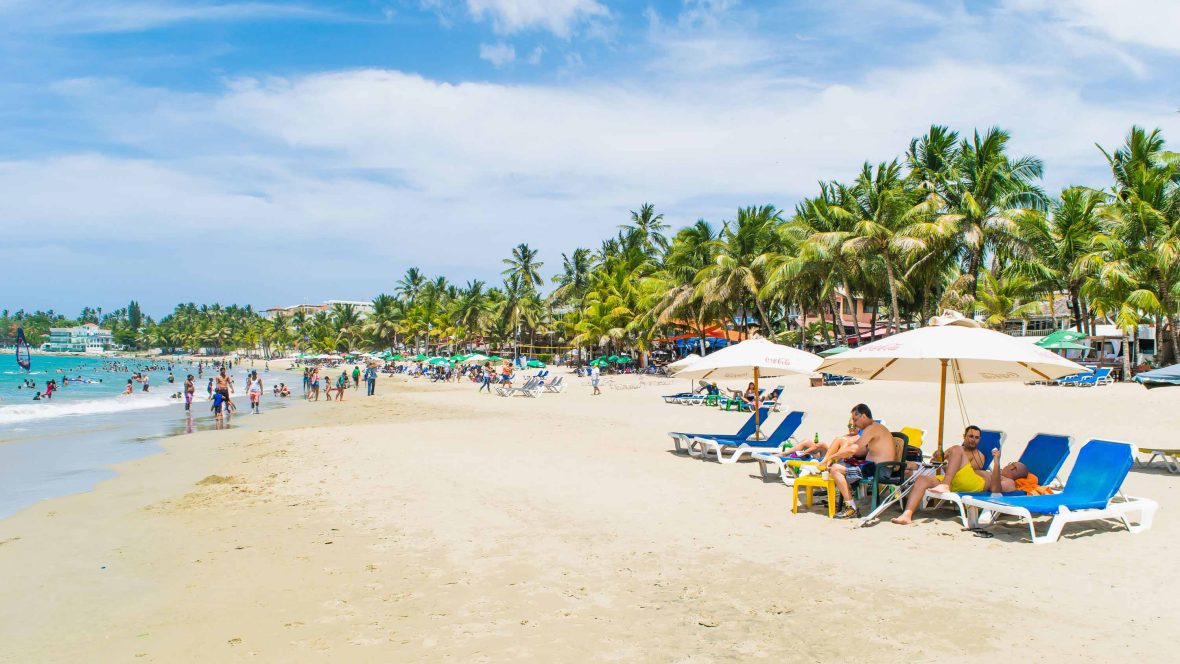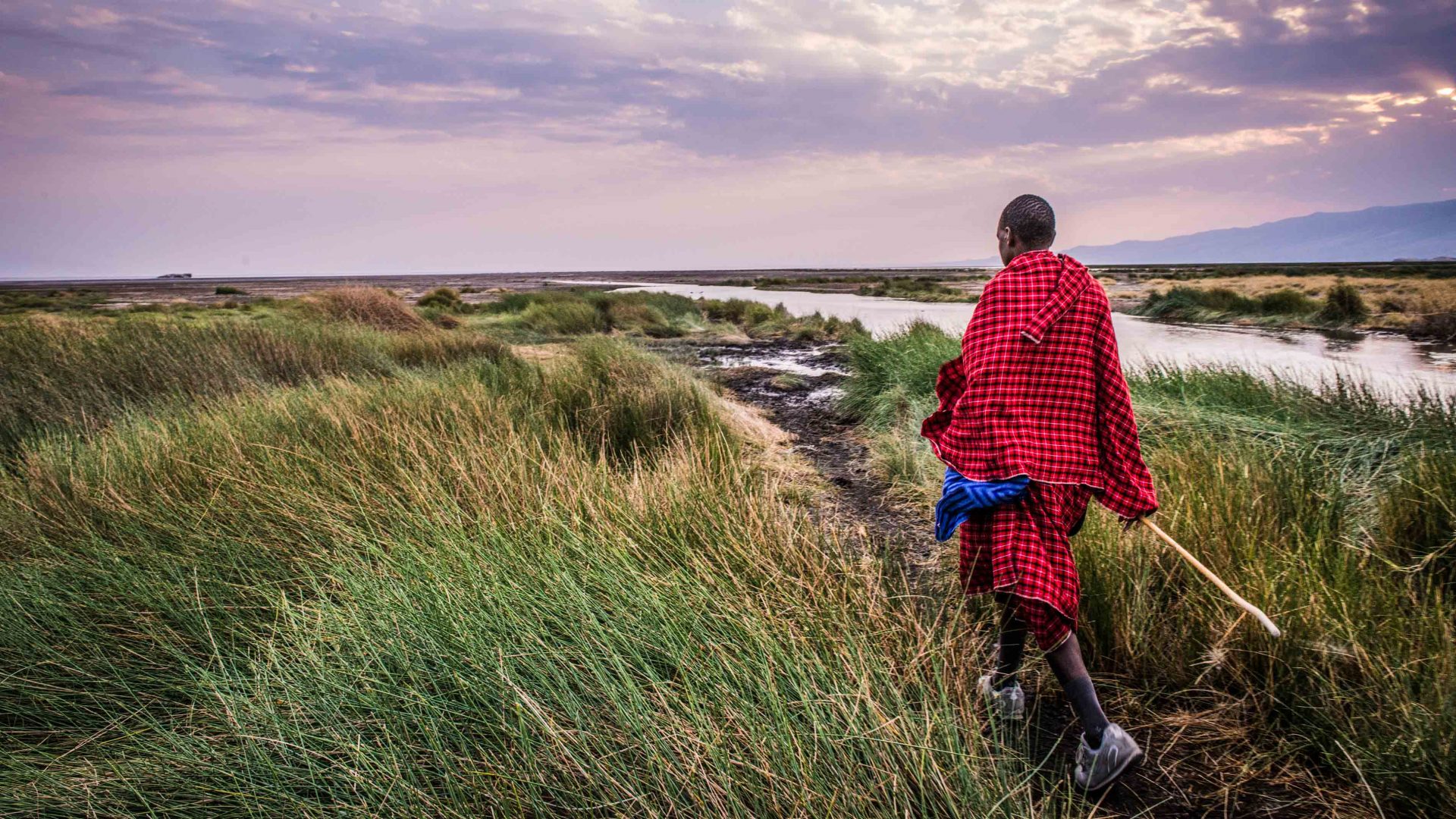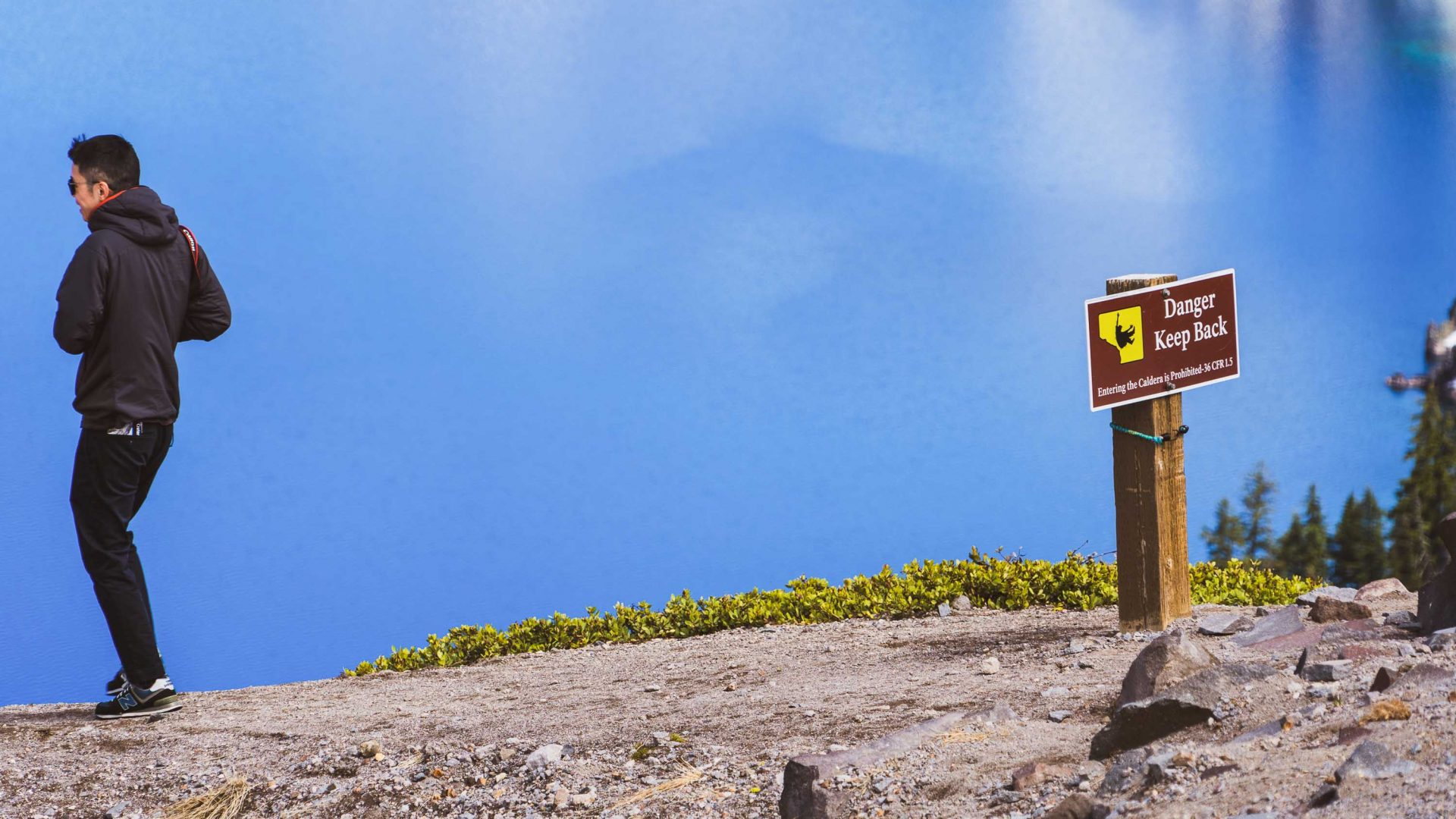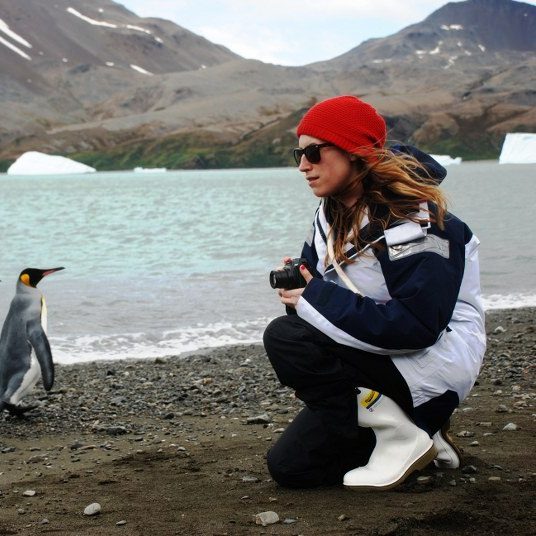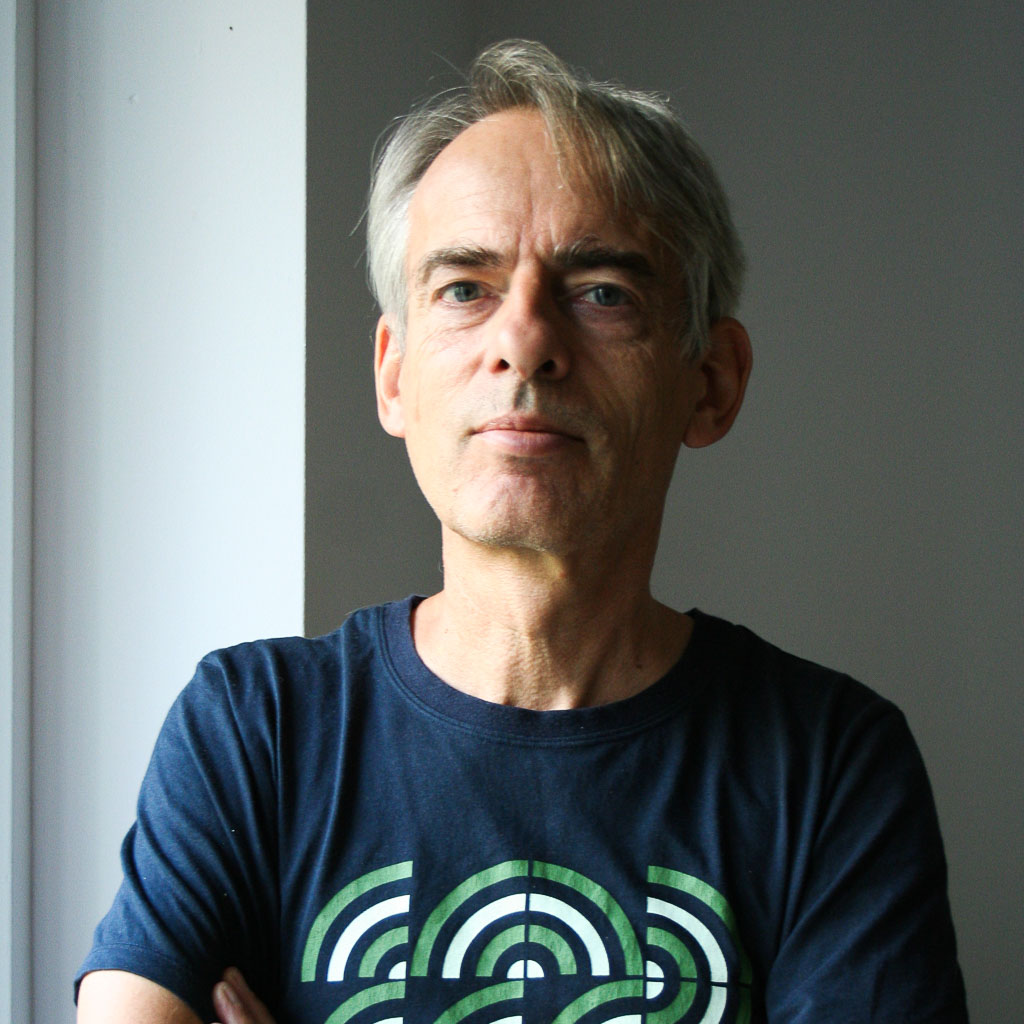Quite possibly the biggest gap in watersports is the lack of women and girls—in the water, in the schools and in competitions. It’s what bothers me the most whenever I venture out on the water. Why aren’t there more native women practicing watersports in Cabarete?
“This is a question that’s always frustrated me,” Paola Fix says. “It upsets me that there aren’t more native Dominican girls in the water with me. I was chosen to participate in an Olympic qualifying event by the current surfing federation, which is huge, with no training, no sponsors, no real support but purely because I was one of the only other Dominican native girls that surf at a decent—not even professional or semi—level.”
“Surprisingly most native women don’t even know how to swim,” she continues. “But even for the ones who do, the sport is kind of expensive. Full kite equipment can cost you USD$1,000-2,000, then you need to learn how to swim and pay [for] the lessons! And you’re earning $250 a month—impossible!”
The Mariposa DR Foundation is driven by the knowledge that the areas of Cabarete with heavy segregation lead to underserved women and girls and their programs work towards breaking cycles of poverty through access to education. The Foundation notes that out of more than 200 girls who have joined Mariposa, only one percent knew how to swim. There were quite a few that had never even seen the ocean, even though they grew up across the street in the neighborhood of La Cienega. Again, the closest beach for watersports, Kite Beach, does not have public entry.
Pamela Cuadros, the Artistic Director and Surfing Program Director at Mariposa, has noticed a drastic change in girls who are empowered through their aquatic program. “Surfing and any other sport is a boost of self-esteem and self-improvement,” Cuadros says. “Every day, they try harder to improve themselves, they care more about their own diet and mental health. At the same time, they appreciate our Mother Earth more, in gratitude for the playground it offers them. At Mariposa, we use the phrase ‘the ocean is our classroom.’”
